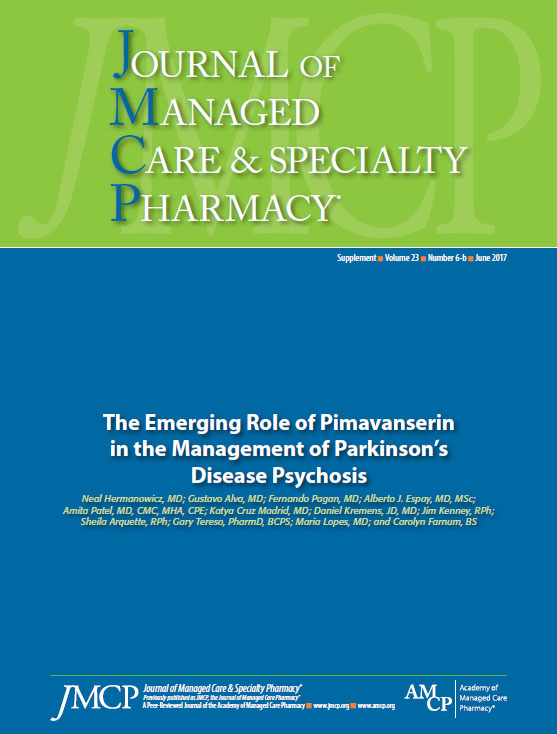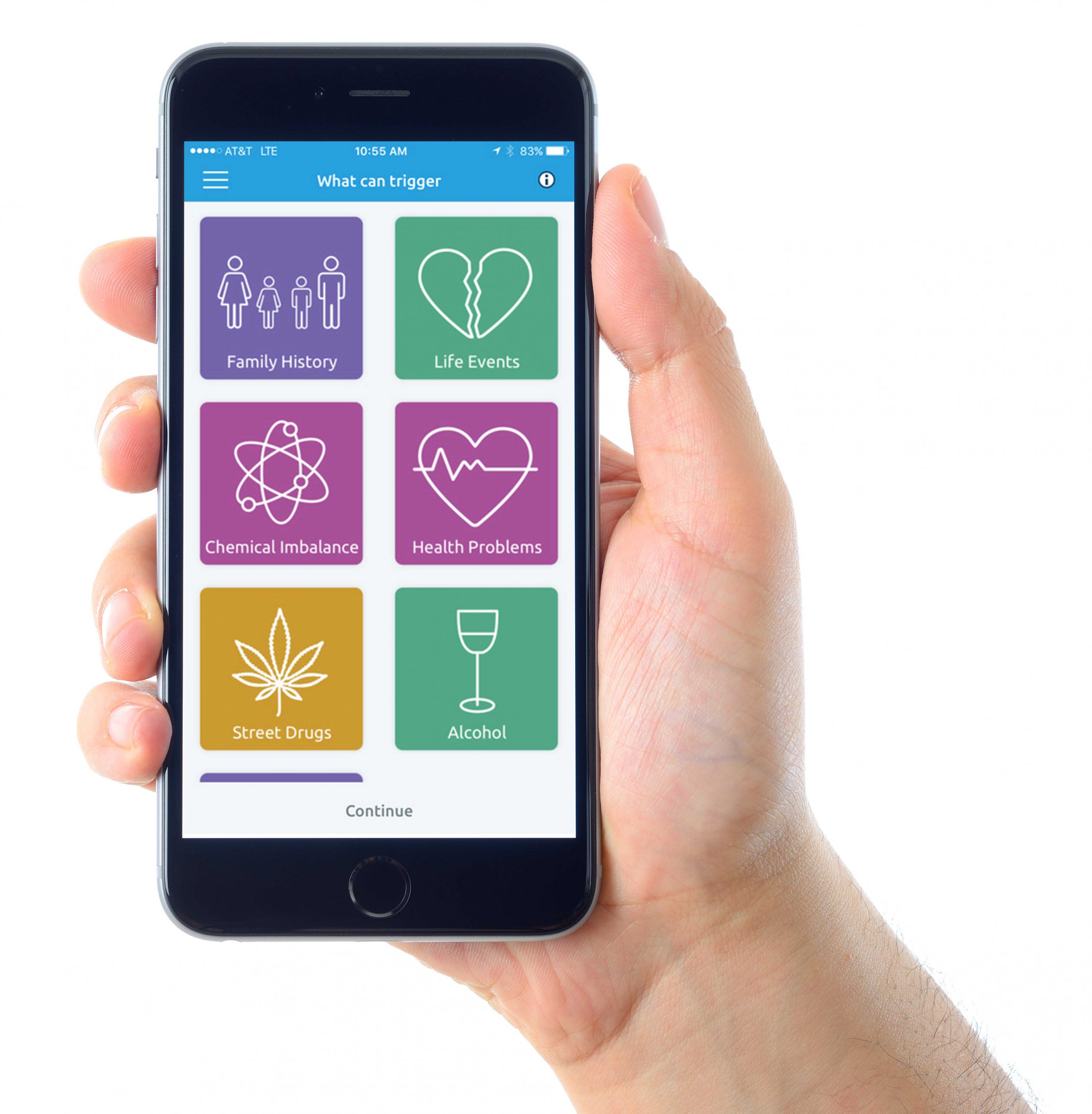Pushing the Line Forward: The Use of Technology in Healthcare
Privacy is a funny thing, and peoples’ choices about privacy when technology is involved is often hard to explain. We don’t think twice about letting companies track what we like and don’t; what we search for and when we search; the photos we like and the ones we don’t; our shopping patterns and our wish lists; where we go and when; and now, we welcome full-time listening devices into our homes. I often wonder if these listening devices would find their way into our kitchens if they looked more like a reel-to-reel recording device versus a cute little modern orb with fancy LEDs.
Despite how comfortable we are with technology in some parts of our lives, there seems to be a line that many won’t cross. For some reason, discussing our finances while the orb is listening is okay, but using technology to help us manage our healthcare strikes some people as going too far.
This line is moving, albeit slowly.
There are real challenges in advancing technology in healthcare. But most importantly, we need to allow consumers to choose how they want to see their health information.
Texting is common in healthcare today, but it is inefficient, and often, confusing. Most healthcare-related texts contain either redacted information, such as, “You have not filled AtorXXXXXXXX prescription,” or contain links on which you have to click to take you to another message. Amazon doesn’t make a customer guess at the contents of their message or follow a clunky process to share information, so why do we do it in healthcare?
There are a number of regulations that govern Protected Health Information (PHI), and it’s critical that we take them seriously. After all, we’re talking about very sensitive and private material about diagnoses, medication, diagnostics and other information.
But, with careful planning and execution we can balance what is required of us by law while providing consumers with information that will help make their healthcare journey more efficient and tech-enabled. For example, we were able to craft, on behalf of our clients, end-user agreements that allow us to send texts that look like this:
“Your health is important to [Insert Client Name], please take your cholesterol medication as prescribed.”
The results from this texting pilot were nothing short of amazing. 26 percent of the people who received this message, none of whom were previously following their doctor’s orders, promptly filled the prescription. Interestingly, we saw similar results in every category we piloted. Why? It’s simple: nothing had to be decoded, no incremental steps needed to be taken, no password had to reset, etc. The best part of the pilot? 87 percent of the people who started, stayed in the program.
With pilots like this, we moved the line a smidge.
Texting was one of our first pilots and it was critical to challenging our thinking and finding new ways to solve old problems. The line needs to keep moving forward and we welcome the challenge.
 Dr. Shareh Ghani, vice president medical director at Magellan Healthcare, and lead author of the study spoke of the importance of fully understanding the scope of the addiction crisis: “Having worked in commercial and Medicaid markets, I have reviewed numerous cases of accidental overdose and suicides related to pain prescriptions. The opioid crisis in this country demands that we understand the issue and identify predictors of risk.”
Dr. Shareh Ghani, vice president medical director at Magellan Healthcare, and lead author of the study spoke of the importance of fully understanding the scope of the addiction crisis: “Having worked in commercial and Medicaid markets, I have reviewed numerous cases of accidental overdose and suicides related to pain prescriptions. The opioid crisis in this country demands that we understand the issue and identify predictors of risk.” Did you know that Parkinson’s disease psychosis (PDP) is diagnosed in about half of all Parkinson’s diseases patients and presents practitioners with significant disease management challenges?
Did you know that Parkinson’s disease psychosis (PDP) is diagnosed in about half of all Parkinson’s diseases patients and presents practitioners with significant disease management challenges? The best apps, healthcare or other, are not built by one person. They require a team of individuals coming together to work towards common goals. Our primary team includes two product owners, and two project managers who collectively work to get the vision from senior leadership (e.g. sketching ideas, wireframing, developing a curriculum), and then oversee the development teams building the apps (e.g. writing user stories, participating in daily scrum meetings, recording and producing videos, providing feedback), and then ensure smooth and timely deployment of various iterations that get delivered to our customers (e.g. delivering training, scheduling releases, communicating upgrades). Without teamwork these critical processes could not be completed and the App Store would have three fewer apps.
The best apps, healthcare or other, are not built by one person. They require a team of individuals coming together to work towards common goals. Our primary team includes two product owners, and two project managers who collectively work to get the vision from senior leadership (e.g. sketching ideas, wireframing, developing a curriculum), and then oversee the development teams building the apps (e.g. writing user stories, participating in daily scrum meetings, recording and producing videos, providing feedback), and then ensure smooth and timely deployment of various iterations that get delivered to our customers (e.g. delivering training, scheduling releases, communicating upgrades). Without teamwork these critical processes could not be completed and the App Store would have three fewer apps.